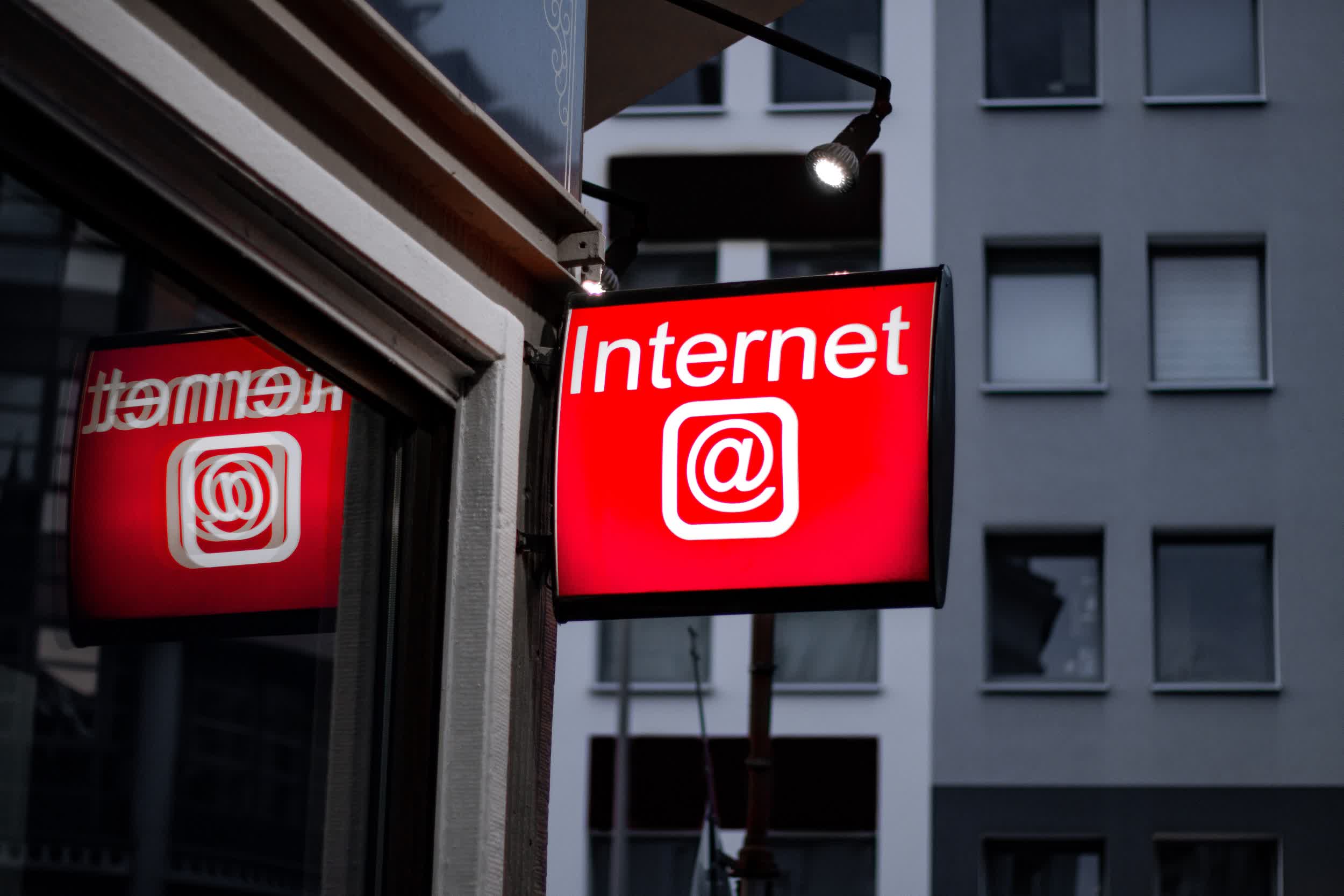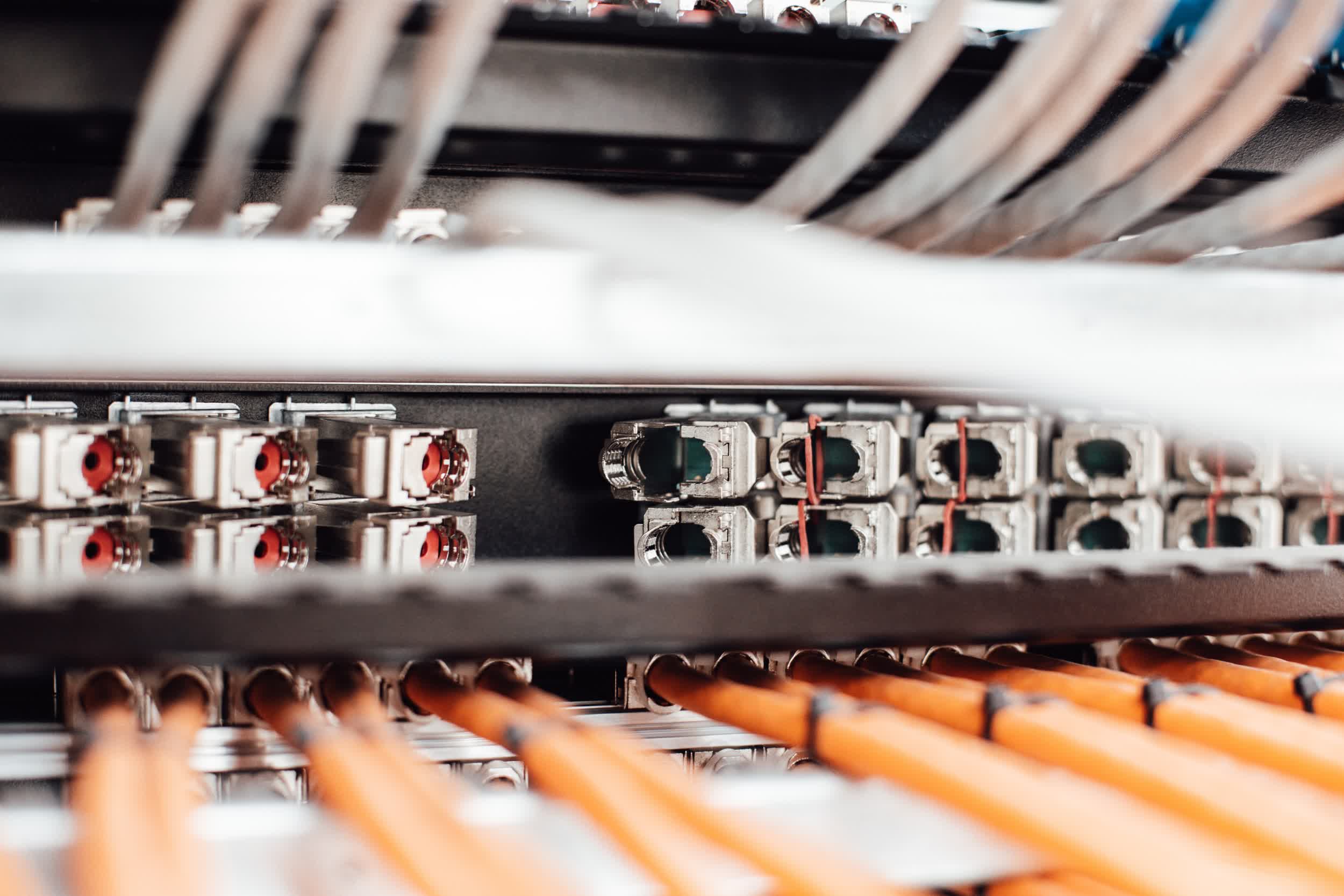Bravo: A Michigan man has gone above and beyond the call of duty to bring broadband Internet connectivity to his rural town. What started as a personal goal for Jared Mauch soon morphed into a community-based project. To date, Mauch has around 70 customers connected to his ISP across 14 miles of fiber. He still works as a network architect with Akamai but thanks to a recent infusion of cash from the US government, his ISP will soon be reaching a lot more customers.

Mauch moved into his home in Scio Township in 2002 and was able to get a T1 line, a speedy connection at the time. As broadband technology matured, his once mighty 1.5Mbps connection fell behind the competition. Surely an ISP would come along and wire up his home for cable or fiber, but unfortunately that never happened.
Mauch eventually settled on a wireless ISP that offered speeds of around 50Mbps. Comcast at one point reportedly quoted him $50,000 to run its cable network to his residence. "If they had priced it at $10,000, I would have written them a check," Mauch told Ars Technica in 2021.
Around 2016, AT&T started advertising DSL service to Mauch's address but the paltry 1.5Mbps service was laughable at that point.

Out of options and not content with the 50Mbps wireless connection, Mauch decided to build his own ISP. He got the ball rolling about five years ago, first by starting a telephone company called Washtenaw Fiber Properties LLC. The outfit doesn't provide phone or TV service, only Internet connectivity on a case-by-case basis.
Mauch's company was recently awarded $2,618,958.03 through the American Rescue Plan's Coronavirus State and Local Fiscal Recovery Funds. The contract was signed back in May and requires him to extend service to an estimated 417 addresses in his township and a couple of others nearby.
The contract calls for Mauch to offer 100Mbps symmetrical Internet service without a data cap for $55 a month. Another plan bumps speeds up to 1Gbps with unlimited data for $79. Mauch told Ars that his installation fee is typically $199 and that unlike most major ISPs, his bills consist of a single line item for the service with no hidden fees.
Even with the government contract, it's not going to be easy going. Like others in different industries, Mauch is already facing increasing equipment costs. He told Ars that fiber conduit used to cost 32 cents a foot but it's now more than double that. Underground handholes used to run around $300 but cost Mauch closer to $700 these days.
Unsurprisingly, Mauch has become quite popular in his small town. "The world around me has gotten a lot smaller, I've gotten to know a lot more people," he said, adding that he is now saved in people's cell phones as "fiber cable guy."
One has to wonder - if Mauch had it all to do again today, would he go down the same route or opt for a far simpler solution like Starlink?
Image credit: Leon Seibert, Lars Kienle
https://www.techspot.com/news/95597-comcast-expensive-att-slow-man-built-own-isp.html